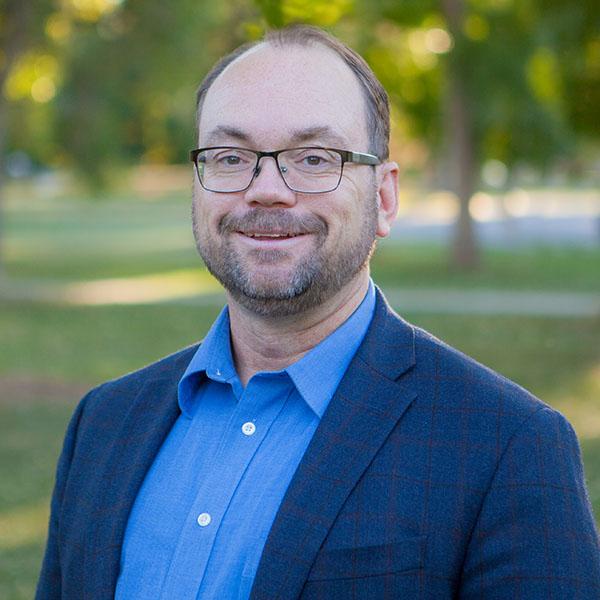Adjusting to the Long View
Experts like Slavitt are talking about reaching not an end, but an equilibrium — a state of affairs in which the virus is little more than background noise, with occasional local or regional flare-ups that might require more stringent measures, like mask orders or indoor capacity limits.
This mindset calls for an ability to appraise and deal with risk — something humans are not very good at. But Coloradans have experience in this type of thinking: We are adapting our lives the effects of global warming, and FireWise communities take actions to live with wildfires, rather than ignoring the risk or trying in vain to eliminate fires.
We don’t abandon efforts to reverse climate change when we start working to adapt to its effects. We don’t stop fighting all fires when we prepare our communities to survive a wildfire. So too, we won’t stop fighting to reduce COVID-19 when we adjust to the idea that this virus will share the planet with us for a long time.
Policies for Endemic COVID
The new mindset calls for new policies.
Increased and sustained vaccinations. More Americans will need to be vaccinated to prevent further large waves. Businesses can play a role by adopting workplace policies that strongly encourage vaccinations. Wealthy countries will have to do much more to spread vaccines globally. It’s the moral thing to do, and it will reduce the odds of future mutations defeating the vaccines.
Vaccine mandates. More than 380,000 people attended the Lollapalooza music festival in Chicago, but it didn’t become a superspreader event. The likely reason? Attendees had to show proof of vaccination or a recent negative COVID-19 test. Contrast that with the Sturgis motorcycle rally in South Dakota, where many participants were unvaccinated. The host county is now seeing an explosion of COVID-19 cases. Mandates are a political hot potato, but private sector experience shows they are effective.
Healthier habits. Sniffles and sneezes don’t belong at school or work. Showing up to work with respiratory symptoms can spread colds or the flu, and it could create a new COVID-19 outbreak. This means employers and policymakers will have to give workers flexible time or sick days to take care of themselves and their families when they are sick. And anyone who feels ill should get a COVID test.
Addressing the infodemic. Bizarre conspiracy theories swirl around vaccines and masks. Some people who have fallen prey to the infodemic would rather take horse deworming medicine than trust a vaccine that underwent rigorous trials. The conspiracies have, unfortunately, taken on a political dimension. Conservative leaders, from school boards to the U.S. Senate, need to start speaking out forcefully about the safety and effectiveness of vaccines — for their own voters’ health, if nothing else. But public health agencies also need to up their game. This massive disinformation campaign won’t be defeated by tweets and press releases.
A strong public health infrastructure, armed with real-time data. Local directors have quit in the face of political pressure and even death threats. We will need to rebuild public health agencies. But that’s not enough. Agencies need modern tools to provide real-time data to spot outbreaks and quickly snuff them out. One place to start would be to institute widespread, random testing, like other countries have done.
The goal of all these policies is to reduce COVID-19 to the point that it’s one of many things to pay attention to, not something that consumes us with anxiety. We know by experience that with a few small accommodations — vaccines, testing, masking — we can feel free to enjoy big events like Lollapalooza and small moments like visiting grandparents.
COVID-19 has become quite comfortable with the human race. With a new mindset and a little work, we can learn to live quite comfortably with COVID-19.
Related Blogs and Research

